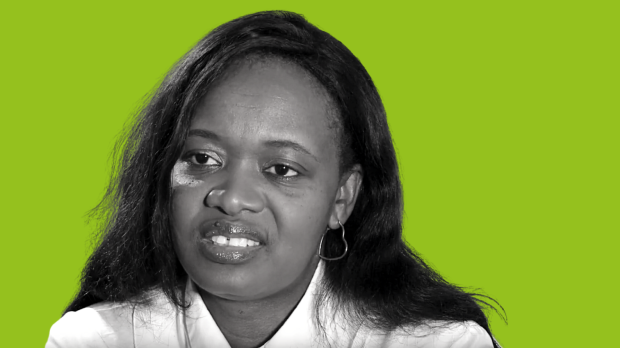We set up the National FGM Centre to prevent and support women and girls who have experienced FGM (female genital mutilation) and other harmful practices. Learn more about FGM from the experts.
What is female genital mutilation (FGM)?
FGM is the partial to total removal of a girl’s external genitalia, or any other injury to the female genitalia, and is illegal in the UK. You may have heard other words for FGM, such as female genital cutting, or perhaps it is referred to as something else in your community. FGM is child abuse, it happens all over the world, and can impact a girl or woman’s physical and emotional health, both in the short and long term.
FGM is one example of a harmful practice. Other examples include breast flattening, abuse linked to faith or belief, so-called ‘honour’ related abuse, including forced and early forced marriage and many more.
For more information about FGM or other harmful practices, visit the National FGM Centre website where you can find more information, videos, animations, podcasts and more.
Health problems associated with FGM
FGM is a harmful practice which can lead to long term health issues such as: severe pain, infections, difficulty urinating, difficulty in childbirth, anxiety, depression, amongst many other complications, some of which can be life threatening.
What should I do if I’m worried a child might be at risk of FGM?
If you are concerned that a girl may be at imminent risk of FGM, always call 999 immediately.
If you are concerned that a child could be at non-immediate risk of FGM:
-
you can call the NSPCC FGM Helpline on 0800 028 3550
-
you can refer to your local authority children’s services (even out of hours as duty workers will be available)
-
you can apply for an FGM protection order
What should I do if I’m experiencing pressure to perform FGM?
We understand that dealing with family or community pressure can be very complicated, and speaking up about FGM can add additional stress and pressure onto your household. There are specialist services to help you, and protect your daughter. You can call the NSPCC FGM Helpline on 0800 028 3550 to get some support over the phone in a non-emergency. In an emergency, always call 999.
Specific laws protect all girls and women from FGM in the UK. You can read more about FGM legislation on the National FGM Centre website. These laws provide protection both here in the UK and in the event you travel outside of the UK too.
You can apply for an FGM Protection Order for free, which is a legal document issued by the family court to protect your daughter.
In emergencies, always call the police on 999. You can also contact your local authority's Children’s Social Care Team for support by searching for their contact online.
If you are a parent, have experienced FGM or are in need of support for FGM, there are counselling and advocacy support services available via NHS FGM support clinics across the UK. These are free to access. Specialist Counselling is also available via the Dahlia Project in London.
What do we do to support with FGM?
Through the National FGM Centre, we work with professionals and in communities to educate and prevent FGM, breast flattening, and child abuse linked to faith or belief (CALFB) as well as other forms of harmful practices. The National FGM Centre was established in 2015 to achieve system change in the provision of services for children and their families who are affected by FGM. Our aim is to prevent new cases, protect children and young people, support those affected by FGM and other harmful practices, partner to deliver services and learn.
The National FGM Centre aims to:
-
prevent new cases of FGM, breast flattening, and child abuse linked to faith or belief
-
protect at-risk children and young people
-
support those affected by FGM, breast flattening, child abuse linked to faith or belief and other harmful practices
-
partner with other services
Between 2015-2023 the Centre has worked on over 900 referrals, supported the application of 48 FGM protection orders and has worked with over 300 women and girls, and their families, from over 65 different countries around the world.
Visit the National FGM Centre website to learn more or email [email protected] with any questions.
Find out more about FGM by listening to our podcast
Child trafficking and criminal exploitation
Trafficked children are some of the most vulnerable in the UK. They need intensive support to end the trafficking cycles they find themselves in and recover from their experiences.
Child sexual abuse and exploitation
We support thousands of children and young people who have experienced sexual abuse. We make them safe and help them recover.
Mental health services for children and young people
No child should be left to deal with poor mental health alone. That’s why we offer a wide-range range of mental health support services for children, young people, and their families.

